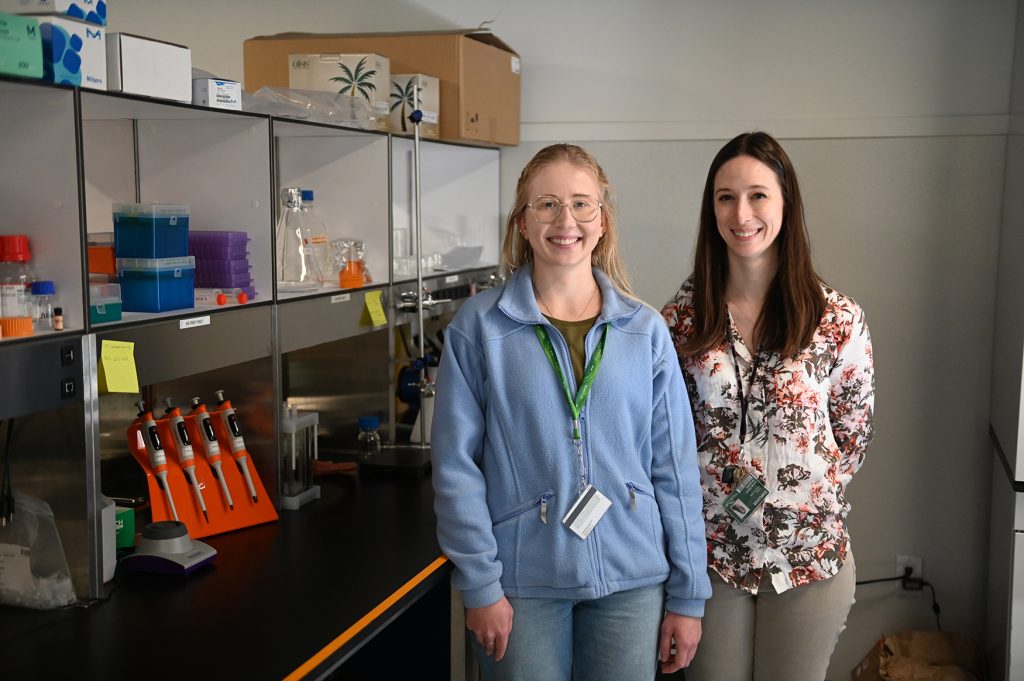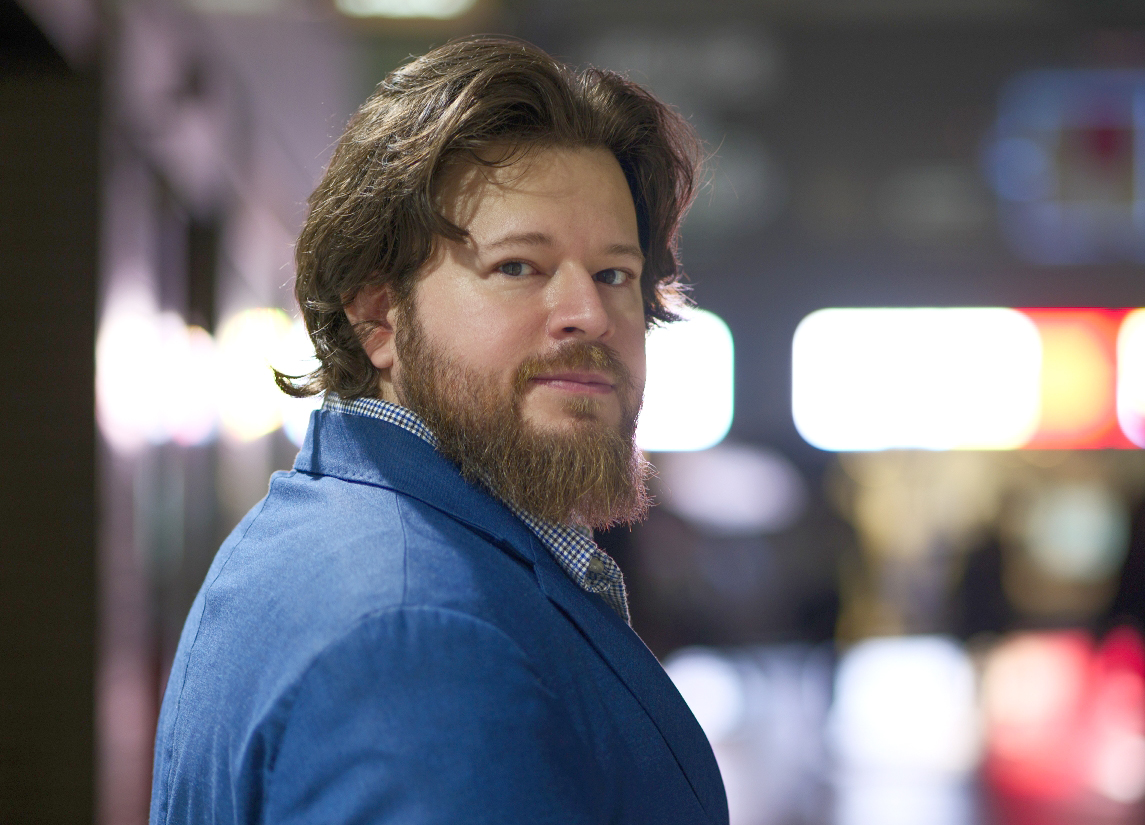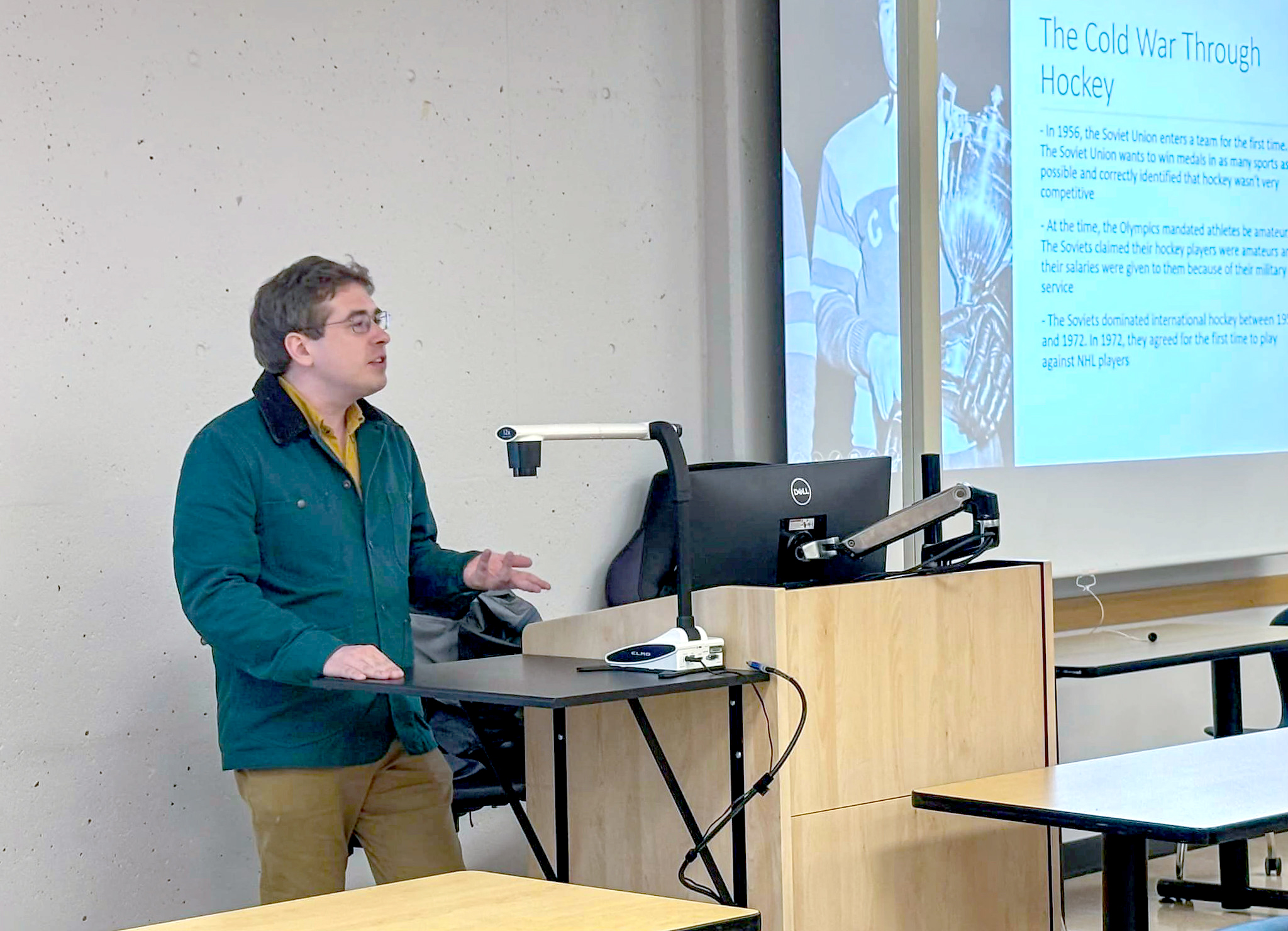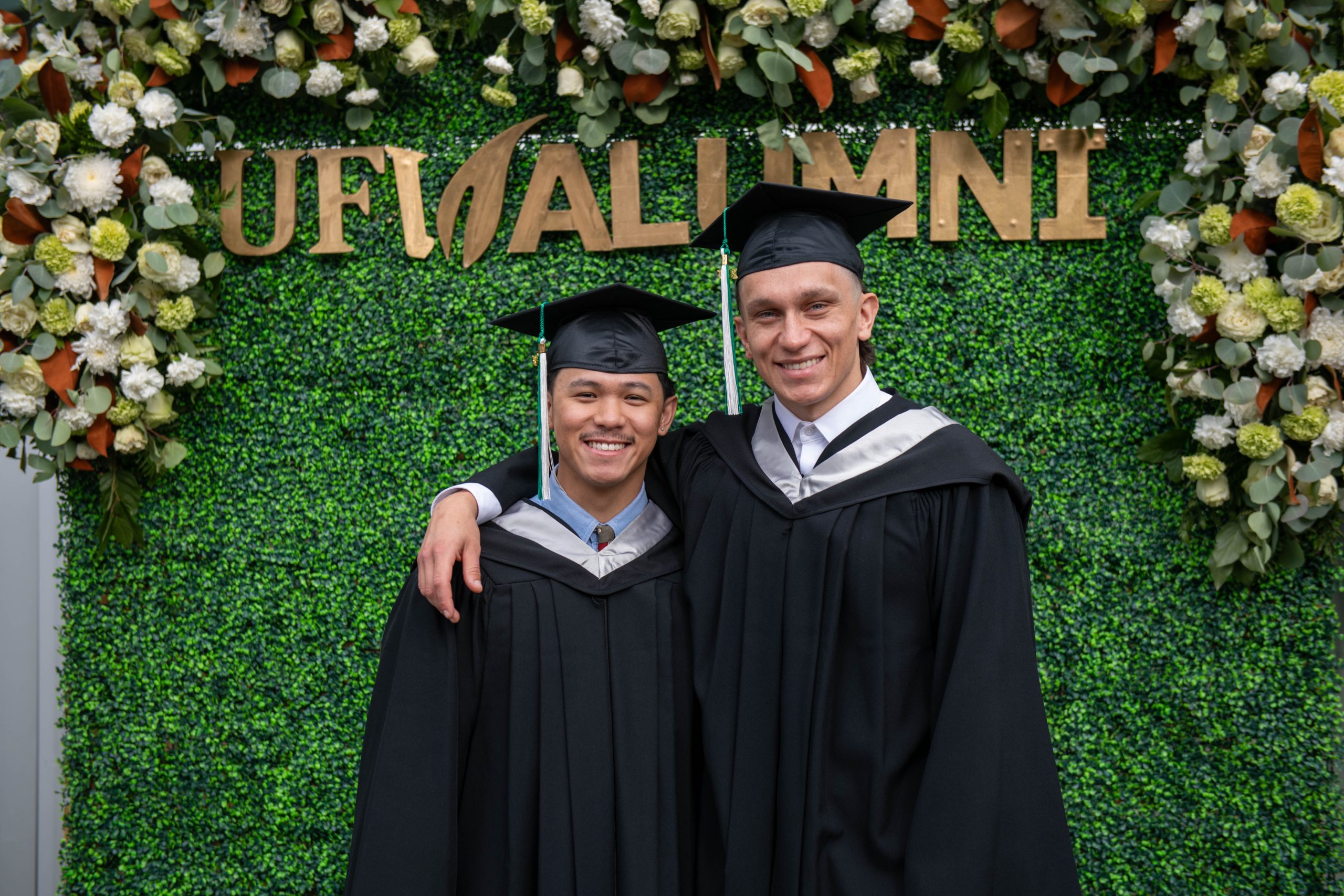From Brazil to BERRI: A research journey rooted in climate and community

Thousands of kilometres away from her home in Brazil, Stefhane Brachmann is getting an accelerated introduction to research working at the University of the Fraser Valley’s Berry Environmental Resilience Research & Innovation Lab (BERRI) Lab.
Stefhane (pronounced Stephanie) was inspired to come to Chilliwack after finding the BERRI Lab website. The site lists many of the projects underway, or completed, by a team of student researchers led by Dr. Lauren Erland, Canada Research Chair in Berry Horticulture.
The 24-year-old microbiology student, from Brazil’s Federal University of Technology — Paraná, saw a wonderful opportunity to combine travel with learning, and reached out to Lauren to see if there might be a place for her. Stefhane applied to the the Emerging Leaders in the Americas Program (ELAP), which provides funding for student researchers in the Caribbean and Latin America to do a research term in Canada.
Scholarships to the students are awarded with the support of Global Affairs Canada.
“Normally, when you have visiting researchers, they tend to be at the graduate level,” Lauren notes. “This program allows undergraduate researchers to come here, which fits really well with UFV’s core values and mission.”
Stefhane arrived in January 2025, and says she’s already learned a lot in the cutting-edge BERRI Lab, which opened in 2024 on the UFV Chilliwack campus.
“I’ve learned different lab techniques, and it’s been my first time doing experiments,” Stefhane says. “I think Lauren is the best teacher I’ve had in my entire life. She’s given me this amazing opportunity and taught me so much.”
Stefhane has been assisting on several climate-change related projects, and she presented findings from one study at UFV’s Student Research Day on April 2. On behalf of the B.C. Cranberry Marketing Commission, the BERRI Lab has been working to understand how different cranberry varieties respond to different climate change scenarios.
This includes answering important questions, such as how much fruit will be produced, and how will qualities like firmness, colour, and size be affected?
“Stefhane has been working on whether the nutritional value is impacted,” Lauren adds. “People think of cranberries as being healthy, and we want to understand whether protein content changes with climate change.”
The opportunity to do such impactful work is what’s attracting students to UFV’s flourishing agriculture programs, Lauren says.
“Stefhane talked about learning a lot of theory in the classroom but not actually having the opportunity to do hands-on work,” she says. “This has been a great opportunity for her, and a fun opportunity for our lab as well. The cross-cultural exchange with students has been a great thing to see.”
Lauren says Stefhane has done excellent work, seizing the opportunity to explore as many research techniques and areas as possible.
“She came into the lab in a junior-member role as she learned the ropes, but she’s already begun helping out other students,” she says. “It’s been an amazing progression to watch.”
With a few weeks of her stay remaining, more lies ahead for Stefhane. The BERRI Lab has several projects on the go, including one with BC Parks that uses a provincial park in Penticton as a living lab to examine plant recovery after wildfires.
“She’s looking at drought stress in plants that are native to the Okanagan, and whether that’s a thing,” Lauren says. “She’s setting up experiments to understand how they respond and understand the chemistry of what goes on.”
Stefhane says she’ll take the skills she’s learned at UFV back to Brazil, along with great memories from her time in Chilliwack.
“Everyone here has been so welcoming, and they’re always saying please and thank you,” she says with a smile. “It’s true about Canadians being polite, and everyone has made my time here so wonderful.”





